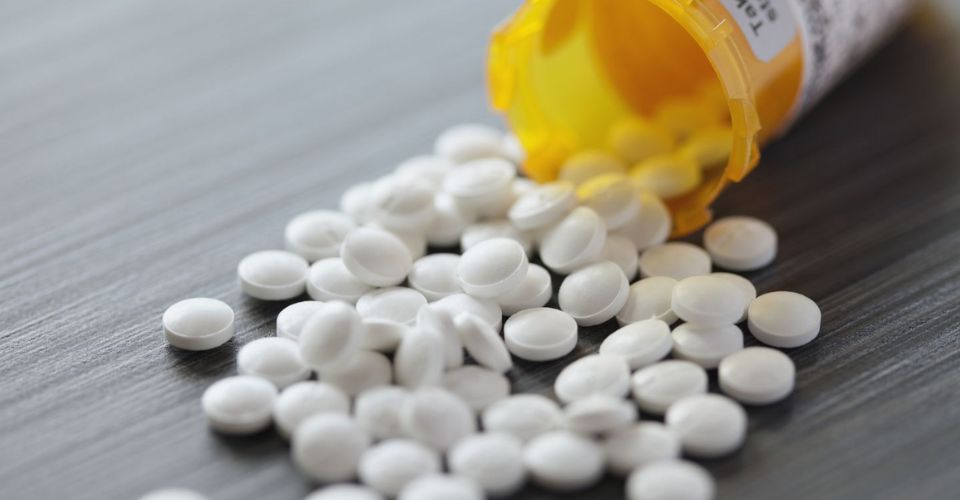Main Findings of Landmark Research
A new report published by Neuropsychopharmacology has shown that stimulant medications could normalize brain structure in children with ADHD. A team of scientists carried out this study, which discovered that structural brain differences exist in children with high levels of ADHD symptoms but these can be reconciled through administration of stimulant medications.
Understanding ADHD and the Impact on a Child’s Life
ADHD is one of the most common childhood neuropsychiatric disorders characterized by inattention, impulsivity and hyperactivity, affecting about 5.3% of all children globally. Such children usually face major difficulties in their social life as well as at school leading to reduced quality of life. To manage these symptoms doctors often prescribe stimulant medications which enhance dopamine levels within the brain.
Previous Findings and New Interpretations
Earlier studies using structural magnetic resonance imaging (MRI) have identified structural abnormalities within brains of kids suffering from attention deficit hyperactivity disorder (ADHD), mainly in areas implicated in saliency detection and reward processing such as insula and nucleus accumbens. However, there are conflicting results regarding whether stimulants can restore normalcy to these brain defects or some research indicates no meaningful changes.
The present study sought to clarify these findings by using a large heterogeneous sample from the Adolescent Brain Cognitive Development (ABCD) Study. The aim was to study whether stimulant medication restores normality to ADHD-brain structures using a larger, more representative sample size for children.
Assessment Of Large Scale Data For Reliability
Professor Yi Zhang at Xidian University led the initiative that collected data from NIH-supported ABCD database which involves brain imaging data, clinical characteristics and behavioral measures among 9-10 year olds. This wealth of information enabled having accurate results as regards how stimulant drugs affect structures forming the brain.
Methodology and Participant Groups
The sample consisted of 7,126 children aged 9-10 years, divided into three groups based on their ADHD symptoms and medication status:
- Stim Low-ADHD: 273 children who had low ADHD symptoms but were taking stimulant drugs.
- No-Med ADHD: 1,002 ADHD high symptom children but not receiving any medication.
- Typically Developing Controls (TDC): This category is made up of 5,378 kids who have minimal symptoms indicative of ADHD and are not on medication.
Latent class analysis was employed in grouping the children according to their ADHD-symptoms while linear mixed-effects models were used to determine different brain structures among three groups. High-resolution structural MRI was then done to examine brain structures.
Main Findings and Implications
There were significant differences in brain structures between the No-Med ADHD group and the remaining two groups. The study showed that non-medication group with high ADHD symptom levels had lower cortical thickness in right insula and smaller subcortical volume in left nucleus accumbens compared with both those treated with stimulants as well as typical developing controls. Consequently, untreated cases of ADHD are linked to anatomical distortions within saliency detection areas implicated in reward processing.
Conversely, there were no significant differences between Stim Low-ADHD group and TDC group regarding brain structures. This implies that correctional problems can be addressed through stimulant drugs which normalize abnormality related to this disease. Medication group also demonstrated similar brains as those of normal learners thus having an impact beyond just reducing hyperactivity; they probably also address some biological deficit underlying learning challenges.
Encouraging yet Prerequisite Results
“I am excited by these results,” Zhang said to PsyPost. “Our findings show that children with ADHD have a structure which is abnormal in brain areas relating to importance and rewarding stimuli processing. Not only did the ADHD symptoms improve due to treatment using stimulant medications but also these abnormalities were normalized.”
Limitations and Future Research
Nevertheless, there are some limitations of this study despite its encouraging findings. It is cross-sectional, meaning that it can just provide a snapshot and cannot establish causation for certain. Hence, longitudinal studies must be done in order to verify the long-term effects of stimulant medications on brain growth.
Additionally, this research didn’t take into account the dose level and period of time during which stimulant medication was used; factors that could affect occurrences of brain transformations. It is thus important for researchers to consider such aspects in order to understand more about how different treatment programs might variably impact upon brain structure.
Also, the participants in this study were only 9-10 years old children hence making the results ungeneralizable for use among older children or adults suffering from ADHD (ADD). Consequently, further investigations should be conducted on how these changes occur as they grow up and continue using medicines.
Conclusion
The article called “Stimulant medications in children with ADHD normalize the structure of brain regions associated with attention and reward” was authored by Feifei Wu, Wenchao Zhang, Weibin Ji, Yaqi Zhang, Fukun Jiang, Guanya Li et al., . This discovery gives us more insight into how stimulants could help children with ADHD over and above symptom management by normalizing their brain structures potentially improving overall cognitive functioning.





























Leave a Reply
You must be logged in to post a comment.